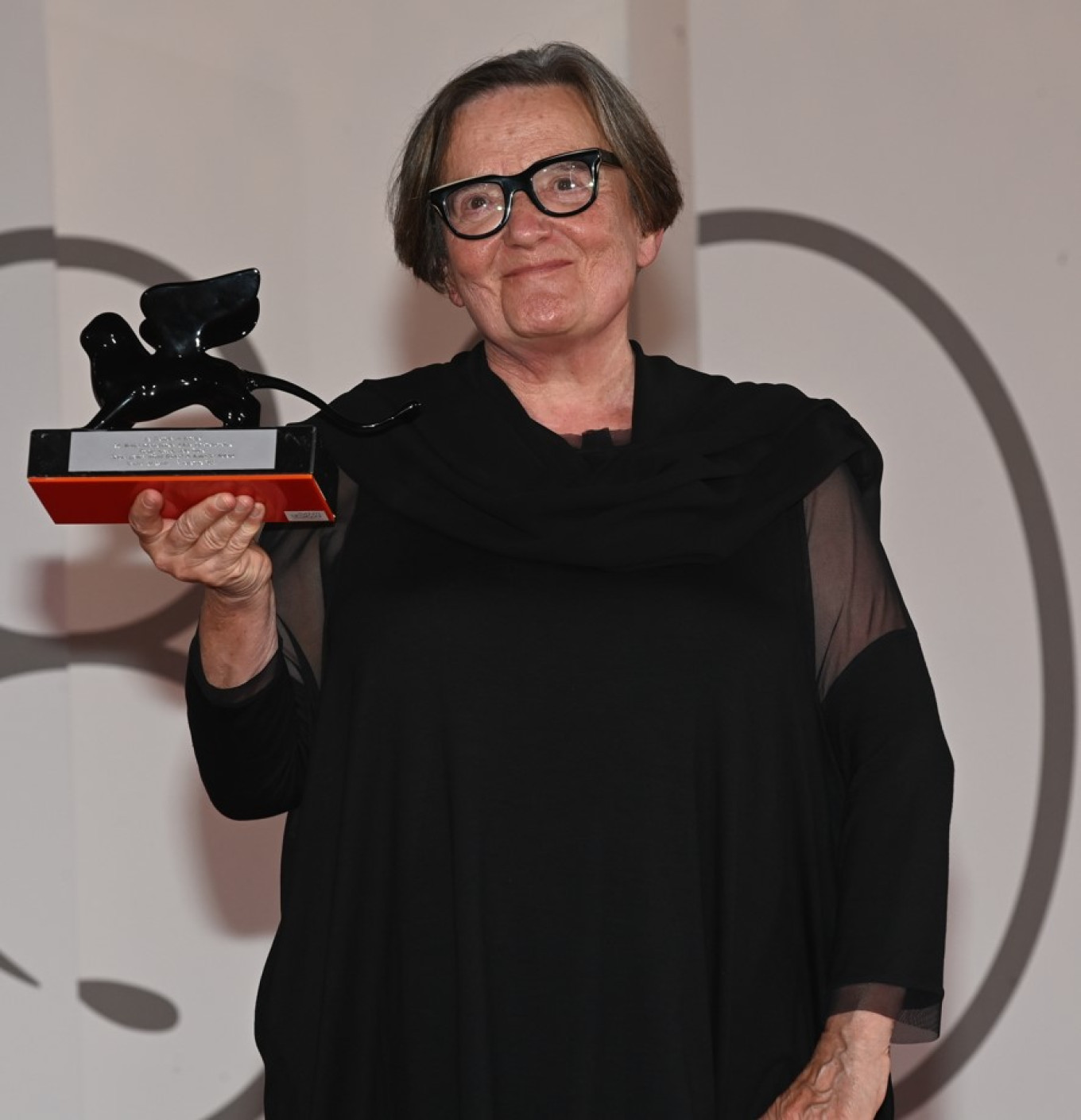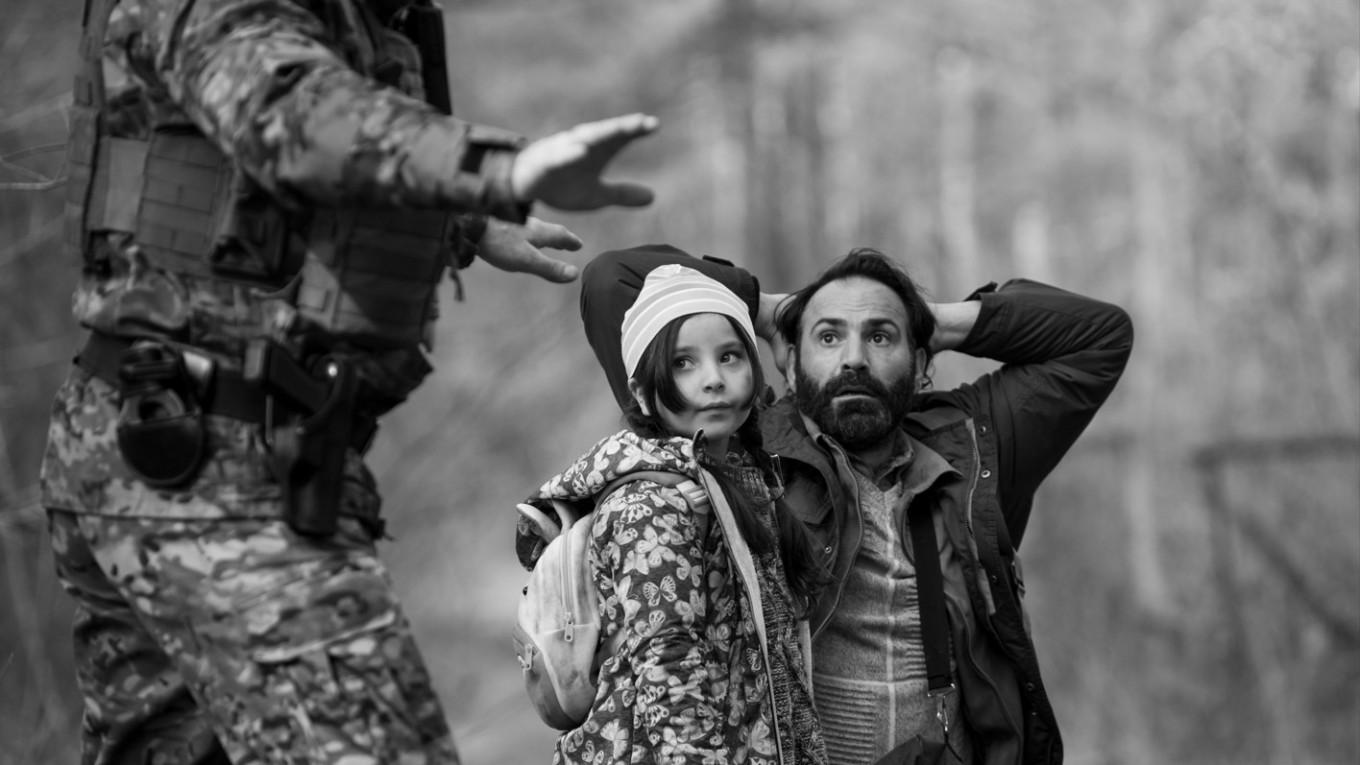Finland closed its borders to Russia this week in response to a surge of migrants across the country’s border with Russia. The men seeking asylum were not Russians but came through Russia from Afghanistan, Pakistan, and other Middle Eastern and African countries. There was evidence that the Russian authorities organized these groups of migrants.
Earlier this year this kind of border crossing was the subject of a film by Polish director Agnieszka Holland called "The Green Border," which won the Special Jury Prize at the Venice Film Festival.
Border reality
In 2021, hundreds of people from countries such as Afghanistan, Syria, and Iraq were enticed by Belarusian President Alexander Lukashenko to travel to Belarus and then to the border with Poland and Lithuania. Lukashenko misled the migrants to believe that they could easily cross into the European Union to seek refuge in a wealthy, democratic Europe, which offered respite from the torments of war, poverty, and violence.
However, the Polish authorities perceived the migrants as hybrid threats, propagating a narrative filled with intimidation, disgust, and fear. In violation of international law, Polish authorities forced migrants — including women, the sick, children, and the elderly — back into Belarus, where they faced “hunger, exposure and shocking levels of brutality from Belarusian forces repeatedly forcing them into Poland where they are systematically pushed back by Polish officers,” said an Amnesty International Refugees and Migrant Rights researcher at the time. Some were left abandoned in the perilous "death zone," at risk of death from hypothermia or drowning in the treacherous swamps.
The forest along the Polish-Belarusian border, one of Europe's last primeval forests, was both majestic and treacherous. Polish authorities cut off all access to media, humanitarian aid, and medical assistance in that area. Many Poles supported these methods, but a segment of the local population and young activists reacted compassionately and advocated to help the migrants.
Holland and her team interviewed people who were part of these events on both sides of the barricades. In her interviews with journalists earlier this in Venice, Holland emphasized that she was not a documentary filmmaker. She said she made a film that incorporated a certain level of generalization, artistic imagination and use of metaphors to "synthetically process" reality.
Screen reality
“The Green Border” transports the viewer to the year 2021. The two-and-a-half-hour film, shot in black and white, divides the narrative into several storylines. One of them revolves around a Syrian refugee family dreaming of reaching their relatives in Sweden, while an Afghan woman named Leila who has joined them wishes to stay in Poland.
The second story is about a young Polish border guard named Jan, who is compelled to follow inhumane orders from his commanding officer and coldly witnesses the mistreatment of Syrian children. Meanwhile, his wife, unaware of her husband's actions, is about to give birth.
The third narrative focuses on Julia, a Polish psychologist who recently lost her husband and now lives with her dog in a house near the border. One night, she hears a heart-wrenching cry for help in the forest. But when she reaches the spot, she sees the swamp engulfing a young boy while his companion, the Afghan woman Leila, survives. Unfortunately, as soon as they transport Leila to a nearby hospital, border guards arrive and take her back across the border into Belarus. Following this incident, Julia decides to join the ranks of activists attempting to save the migrants.
The prequel
Holland recalled the impetus for the film. "My friends found a body on the border. He was naked, frozen to death… I learned that when someone has hypothermia, they feel like they have a high fever and start taking off their clothes. And that image of that young man freezing to death here in my country, right next door, there in the woods where people go walking their dogs and foraging for mushrooms, was something so horrible… I saw in their situation something poignantly symbolic and — perhaps — a prequel to a drama that could lead to the moral (and also political) collapse of our world," she told reporters in Venice.

The epilogue of "The Green Border" shows Ukrainians crossing the Polish border in 2022. Activists, volunteers, border guards, and soldiers help them, providing food, shelter, and arranging transportation by buses. The title card provides dry statistics: millions of people were saved by Poland during the harsh days of the Russian invasion.
"The difference in the treatment of these two different groups of war refugees brutally exposes what we try to hide: our European racism," Holland told journalists in Venice.
The director deliberately inflames emotions and amplifies the drama, seeking to displace her audience from the realm of comfort, unveiling a scenario that is not extraordinary but rather disconcertingly mundane, one where anyone could unexpectedly find themselves today.
"Cinema is not completely powerless,” she said. “It can show the truth about the world and human fate polyphonically, from different points of view. It can illuminate difficult human choices, helplessness, and the invisibility of some beings with the light of pathos and pull them out of the shadows. It can pose questions that we don’t know the answers to, but by asking them we can make a little more sense of the world."
A Message from The Moscow Times:
Dear readers,
We are facing unprecedented challenges. Russia's Prosecutor General's Office has designated The Moscow Times as an "undesirable" organization, criminalizing our work and putting our staff at risk of prosecution. This follows our earlier unjust labeling as a "foreign agent."
These actions are direct attempts to silence independent journalism in Russia. The authorities claim our work "discredits the decisions of the Russian leadership." We see things differently: we strive to provide accurate, unbiased reporting on Russia.
We, the journalists of The Moscow Times, refuse to be silenced. But to continue our work, we need your help.
Your support, no matter how small, makes a world of difference. If you can, please support us monthly starting from just $2. It's quick to set up, and every contribution makes a significant impact.
By supporting The Moscow Times, you're defending open, independent journalism in the face of repression. Thank you for standing with us.
Remind me later.







